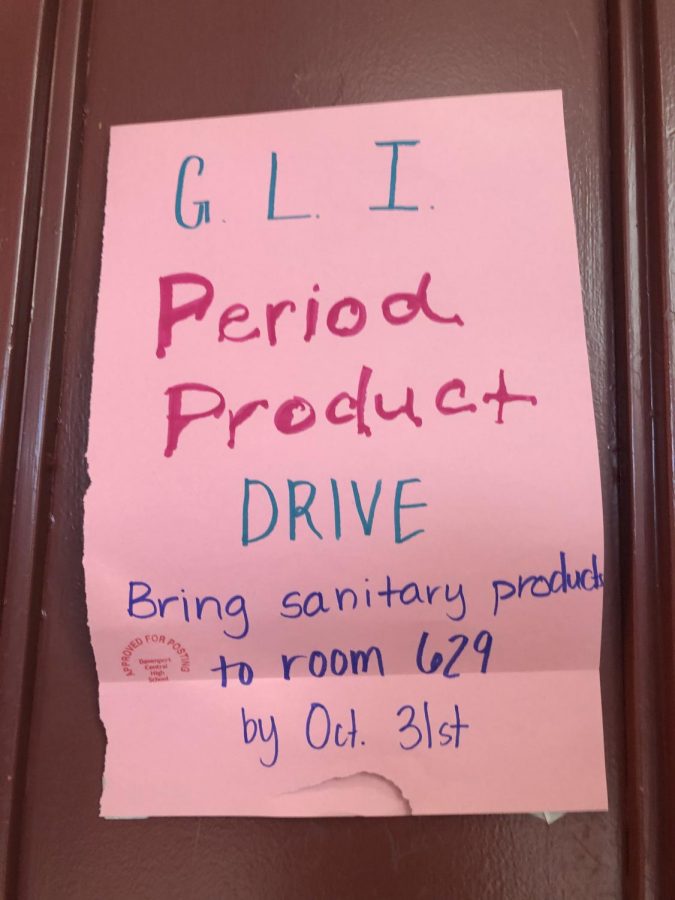For up to a week every month, people who menstruate are plagued with cramps, mood swings and general discomfort as a result of their periods.
On average, people who menstruate experience about 456 periods within their lifetime. Eventually, 456 periods amounts to about 6.25 years of bleeding.
Menstruation has never been a smooth process. For some, their period is a surprise each month due to irregularities. In general, people who menstruate experience a wide range of symptoms starting with flows and spanning to migraines.
The maintenance of periods appears to be simple but can be . Period products are a sufficient and simple way to control the bleeding that com es with menstruation. Choosing the type of period product and dealing with other symptoms of menstruation are not as simple.
Currently, people who menstruate have about six different types of period products to choose from during that time of the month: tampons, pads, menstrual cups, period underwear, menstrual disks and reusable pads.
Nearly 26% of the global population experiences menstruation each month. All things considered, it only seems fair that everyone would have the same access to the necessary period products, but whether it comes down to money or personal preference, this is not always the case.
Due to the many options available as period products, people who menstruate may prefer one over the other, and that product is not always made available.
While tampon and pad prices have continued to decrease since 1930, many people continue to be unable to afford them. For one day of tampons at about 19 cents per tampon, a person needs to fork out about $1.17. This number does not include the extra factors of the flow rate.
Many homeless people experiencing menstruation do not have the money to pay for a box of tampons or even pads. The regularity of their menstruation each month should not be the deciding factor on whether or not they are able to eat that week.
On top of that, many homeless people who menstruate are forced to resort to unconventional means to deal with their period.
More and more people may find themselves suffering from Toxic Shock Syndrome (TSS) and other period-related illnesses as they use less than ideal materials to deal with their period.
The article “Menstruating While Homeless: An Ignored Inescapable Issue” described these concerns. “Women who don’t have access to the proper materials have to resort to whatever is around – like socks and rags that aren’t clean – to absorb their flow and keep the rest of their clothes from getting soiled,” it said.
Working to combat issues of inaccessibility to period products, Davenport Central’s Girls Learn International (GLI) club hosts a period product drive every year. The donations they receive are then given to charities around town that promote good hygiene.
Freshman Riley Miller is more than happy to be a part of this experience. “I wanted to participate to spread awareness and advertise the importance of it. This event is so important because many people who have a period can’t get the products they need for proper hygiene,” she explained.
Besides providing period products to those who cannot afford them, the period drive battles the stigma centered around periods and makes menstruation conversation more comfortable for everybody.
Events like these are just one important step in trying to combat the period hygiene crisis.
With the help of everyone around, confusion and difficult surrounding periods can be a thing of the past with increased access to the proper period products.









